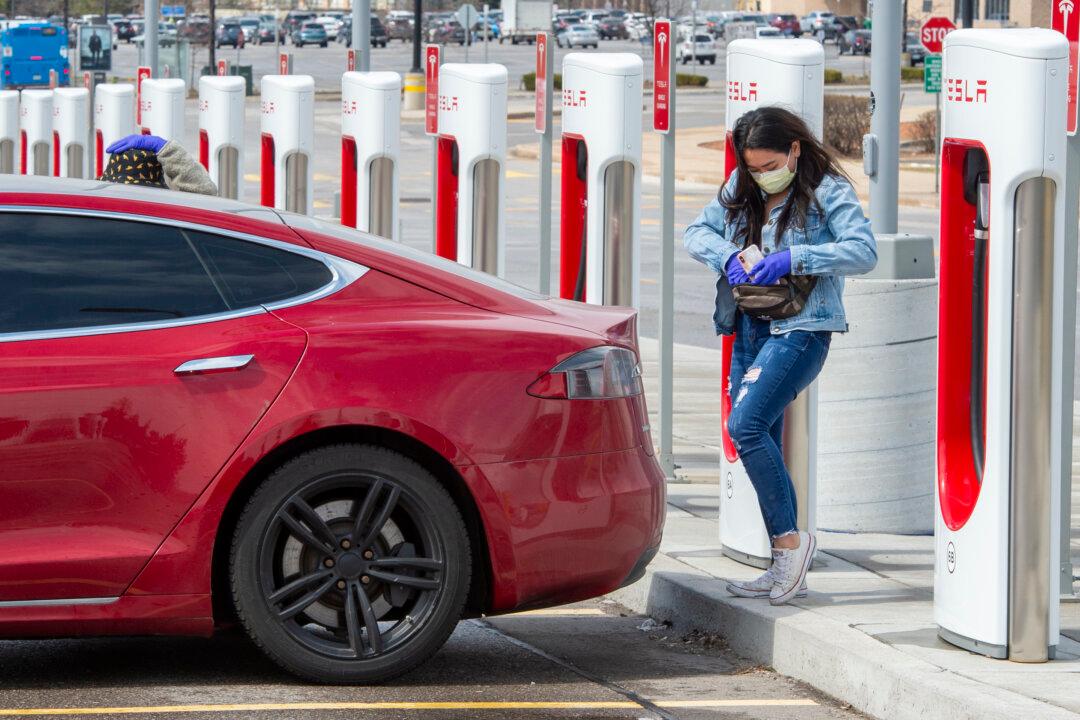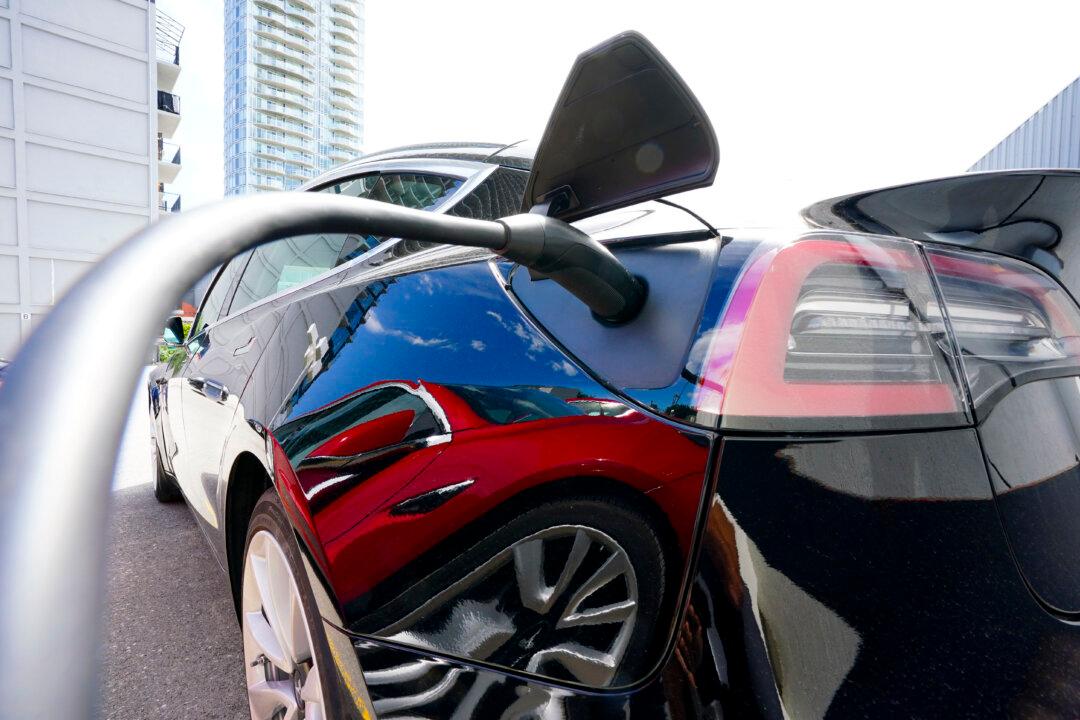Commentary
Despite years of coercive effort on the part of the government and billions spent trying to get Canadians to buy electric vehicles, only a mere 5 percent of drivers have chosen to go electric. Research conducted by the Department of Natural Resources concluded that most Canadians simply found electric vehicles to be too expensive to purchase.





